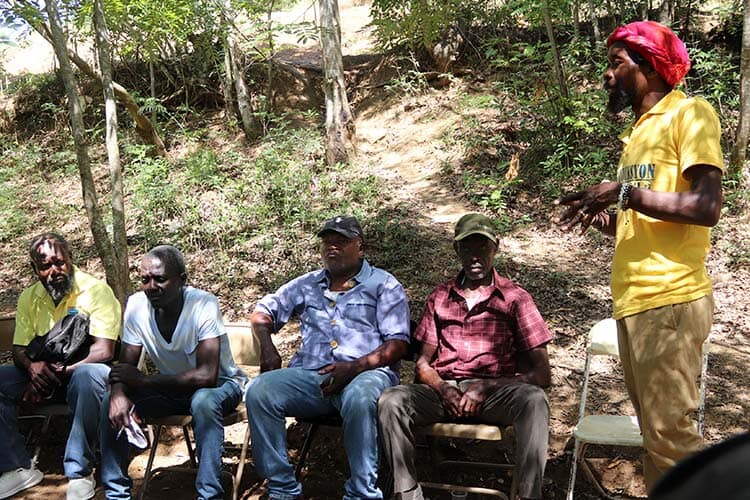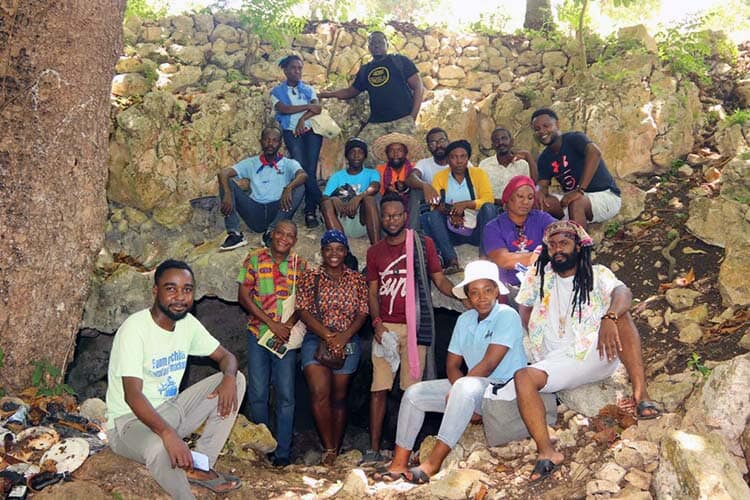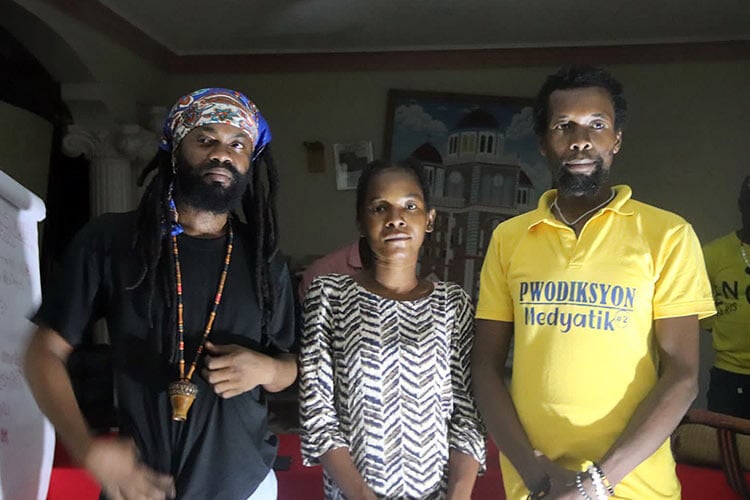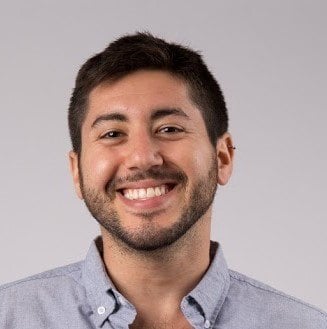In Haiti, the struggles of the capital, Port-au-Prince, radiate outwards.
Though the city is the epicenter of the country’s compounding problems — a collapsed government that has given way to the take-over of violent street gangs, following multiple natural disasters — the fallout stretches well into Haiti’s more remote regions, where people lack any form of social services or support. But while many Haitians bristle at how their government has failed them, the young activists of AJWS grantee SOKIJA are spreading a new message: We are all we have, and we are all we need.
And that message is never more pronounced than after a natural disaster. In late 2024, much of northern Haiti was engulfed by severe flooding — and SOKIJA stepped up to offer life-saving aid to those most in need.

Based in the northern Haitian city of Port-de-Paix, Sosyete Kiltirèl Jèn Ayisyen (or SOKIJA, the Young Haitian Cultural Society), is a small but mighty group of young activists, many of whom grew up in communities where longtime AJWS partner Tet Kole is active. At the center of SOKIJA’s work is strengthening the pride young Haitians feel towards their culture and heritage, stemming from a deep connection to the lush, fertile land they rely on.
In recent years, national and international corporations have increasingly taken over plots of land in Haiti’s north; mining operations have expanded rapidly. SOKIJA works to mobilize Haitians to stand up against these exploitive land grabs. Leaders like Samuel Nesner are at the forefront of these nascent struggles. Like many SOKIJA activists, Samuel learned early on that he could not rely on elected leaders to build a better Haiti.
“I am the third of four children, the only one in my family who finished primary school,” he says today, calling from sunny Port-de-Paix. “The road to the closest school was unpaved; three miles there, three miles back. So many kids just don’t go. And when there’s rain, it’s impossible.”
But in 2017, Samuel traveled to Ghana to learn about community resistance to exploitive mineral mining.
“I saw how these huge companies profit off the backs of the local population, and it motivated me,” he says. “If this tiny country could fight back, so can we.”
Through his work with SOKIJA, Samuel says, “We are helping people to understand their origins and their worth, and from there they become energized to fight for change.”
But when a natural disaster arrives — identity-strengthening, movement-building work must be put on hold to save lives. From late November into early December of 2024, intense rains hit northern Haiti. Much like the recent tragedy in Texas, rivers swelled and simply washed away homes, humans and livestock alike.

Samuel and his wife were separated in the flood, but thankfully both survived.
“The roads were lost; houses were gone, swept away. People frantically searched for a safe place to stay, to sleep. Some slept on their rooftops, if their homes still existed. There was just so much rain,” remembers Samuel.
As soon as they could, the SOKIJA team convened at their office — which, amazingly, had not sustained major damage. As soon as the waters began to subside, the team rapidly evaluated which families needed the most immediate support. And with emergency support from AJWS, the team was able to purchase hygiene supplies for local families, and repair nearly a dozen homes.
This young, grassroots group of activists — devoted to empowering other young Haitians — pivoted immediately when disaster struck, and came to the life-saving aid of their community. That malleability, Samuel says, is in large part due to AJWS’s support.
“It’s not just the financial support that AJWS gives us, but the liberty to do what we know is most important in the moment,” he says. “That’s true solidarity.”

In the months since the flooding, the SOKIJA team has continued on their path — educating and mobilizing young Haitians to fight back against exploitive mining companies grabbing land from farming communities. Though their situation remains dire, Samuel stays hopeful — if not downright positive.
“We can always find hope for a better world,” he says. “If you don’t fight for something better, death comes faster. We have a joke in our community: When you stand with each other in solidarity, you delay death — even a little bit.”
“Maybe us activists are crazy,” he laughs, “But we believe a better Haiti is coming. It’s like the law of karma — if you’re doing something bad, you can’t do it forever. Your time will come. And us Haitians who are conscious of our human rights, who are awake and aware — our time will come.”

